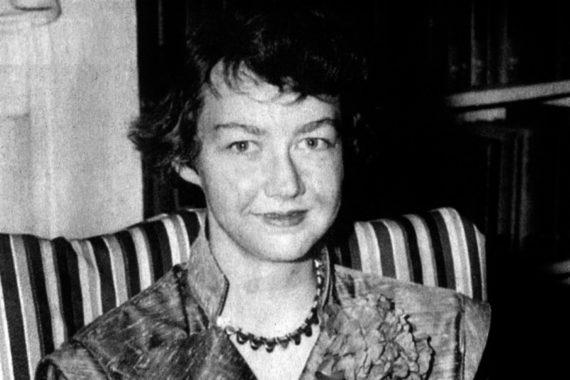
| The Lord's Name In Vain (My Mother) |
| The Yankee Problem In America, By Clyde Wilson |
***************************
Never wishy-washy in her discussions of religion, O’Connor told the Sweet Briar audience “that when Emerson decided in 1832 that he could no longer celebrate the Lord’s Supper unless the bread and wine were removed…, an important step in the vaporization of religion in America had taken place.” ( & Sweet Briar is no more, sad to say) Just checked and it has been revived! The Lord works in mysterious ways as my Mother would say. Sweet Briar College
YANKEE, n. In Europe, an American. In the Northern States of our Union, a New Englander. In Southern States the word is unknown. (seeDAMYANK.) Ambrose Bierce, THE DEVIL’S DICTIONARY (1906).
Bierce’s definition of the Yankee is a bit outdated. No doubt some Southerners still refer to Northerners, especially New Yorkers and New Englanders, as Damyanks, but no one can say that Yankees live exclusively in New England, in the North, or north of the Mason-Dixon line. Nowadays Yankees live all over the South. Since birds of a feather tend to flock together, Yankees have descended in force on the same Southern cities (Charlotte, Dallas, and Atlanta, for examples), and Yankee resort communities of the trailer court, condominium, and suburban varieties have sprung up in Florida, the Southwest, and all over the Southern Highlands. Most small towns in the South, even many rural communities, have one or two Northern transplants.
Yankees have come to the South—to the Bible Belt and the Sun Belt-for jobs, for safety, for retirement; they have come to escape Jack Frost, the rude and frigid culture of their cities, Damyanks, and a host of economic, racial, and social difficulties. This Exodus— one wonders if the transplant thinks he has come to the Promised Land—has taken much of the geographical distinction out of the word Yankee. But the word designates more than a person from a particular region: it designates the attitudes and values, the frame of mind and outlook on life characteristic of the reformers, innovators, and abstract thinkers of nineteenth-century New England.
More @ The Abbeville Institute

No comments:
Post a Comment